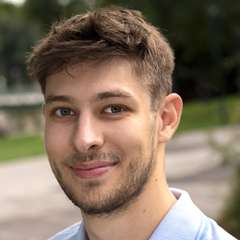Basics
Diosmin is a naturally occurring substance found mainly in the inner white part of the peel of citrus fruits. In chemical terms, the substance belongs to the so-called flavonoids. It is composed of the flavone diosmetin and the sugar rutoside. Chemically, it can therefore also be counted among the glycosides.
Diosmin belongs to a small class of active ingredients, the phlebotonics. It is used to treat chronic venous complaints and is available as an OTC product in most countries. A clear benefit of using diosmin as a phlebotinic has not yet been clearly demonstrated in clinical studies.
Indications
- Chronic venous insufficiency
- Edema
- Ulcus cruris
Administration is exclusively oral.

